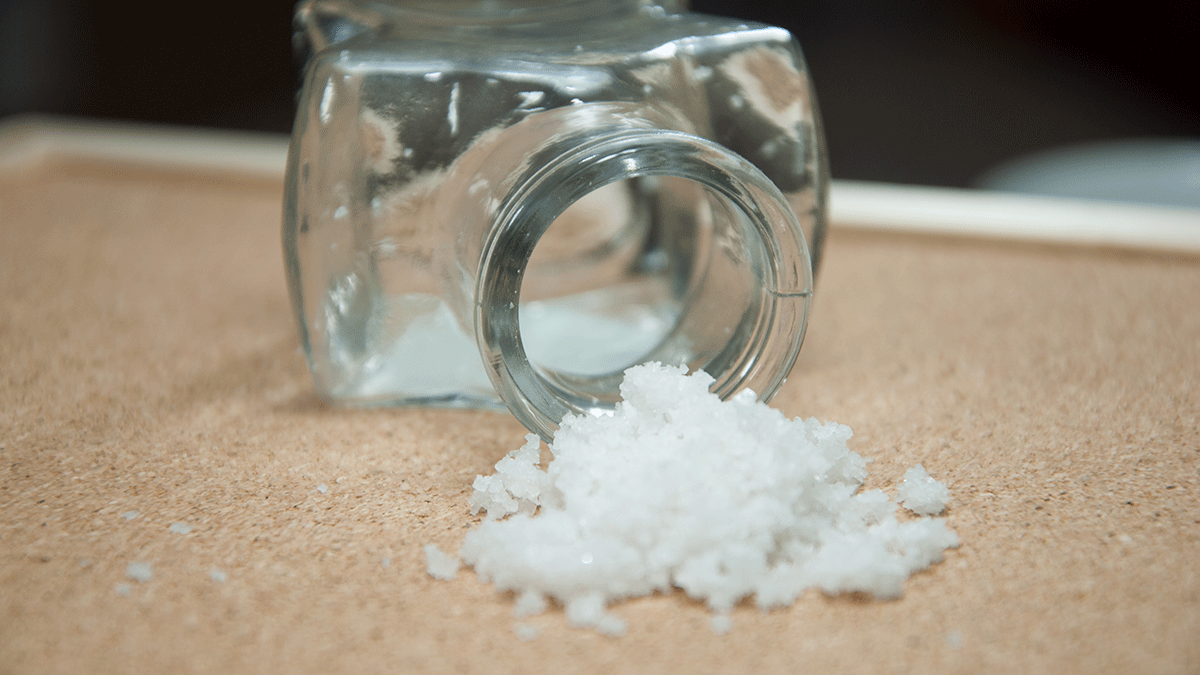Flakka: What You Need to Know and Where to Seek Help
Flakka, often called “gravel” due to its crystalline appearance, is a synthetic drug that has gained notoriety for its dangerous and unpredictable effects. Understanding its risks and learning how to address addiction is crucial for anyone affected. This guide covers everything you need to know about Flakka, including its effects, dangers, and where to seek help.
What Is Flakka?
Flakka is a synthetic stimulant belonging to the cathinone class, similar to bath salts. It is chemically known as alpha-PVP and is often produced in illegal laboratories. Users typically smoke, snort, inject, or ingest it, seeking a quick and intense high.
However, the effects are far from harmless. Even small doses can cause severe physical and psychological symptoms, making it one of the most dangerous synthetic drugs on the market.
Effects of Flakka
crystalline effects vary depending on the dosage, but they are often intense and alarming. These include:
- Euphoria and increased energy: Similar to other stimulants, crystalline initially gives a burst of energy.
- Hallucinations and paranoia: Users often experience vivid hallucinations, leading to erratic behavior.
- Elevated heart rate and blood pressure: This can result in heart attacks or strokes.
- Aggressive behavior: Flakka is infamous for causing violent and unpredictable actions.
Long-term use can lead to severe consequences, including permanent brain damage, organ failure, and addiction.
Why Is Flakka So Dangerous?
Flakka’s potency and unpredictability make it extremely dangerous. Even a slight variation in dosage can trigger life-threatening reactions. Some key risks include:
- Overdose potential: crystalline has a narrow margin between a “desired” effect and overdose.
- Unpredictable behavior: Users under its influence often engage in risky actions, endangering themselves and others.
- Addiction risk: Like many synthetic drugs, crystalline is highly addictive, creating a cycle of dependence that is difficult to break.
Signs of Flakka Addiction
Recognizing the signs of crystalline addiction can help save lives. Common symptoms include:
- Intense cravings for the drug
- Neglecting personal responsibilities or relationships
- Drastic changes in behavior or mood
- Physical symptoms like weight loss or insomnia
If you or someone you know exhibits these signs, seeking professional help is essential.
How to Seek Help for Flakka Addiction
Overcoming Flakka addiction is challenging but possible with the right approach. Here are actionable steps to consider:
- Consult a medical professional: Detoxing from Flakka should always be done under medical supervision to ensure safety.
- Join a rehabilitation program: Inpatient or outpatient rehab centers provide comprehensive care, including therapy and counseling.
- Therapeutic support: Cognitive-behavioral therapy (CBT) and group sessions can address the root causes of addiction.
- Build a support network: Surround yourself with supportive friends and family who encourage sobriety.
For immediate assistance, consider reaching out to addiction hotlines or local health services. These organizations can guide you toward appropriate resources.
Flakka’s Impact on Society
The rise of Flakka use has had significant social implications, including:
- Increased hospitalizations due to overdose and violent incidents.
- Strain on healthcare systems, law enforcement, and communities.
- Growing awareness of the need for stricter regulations on synthetic drugs.
Final Thoughts: Taking Action Against Flakka
Flakka is more than just a synthetic drug; it’s a public health crisis that requires urgent attention. If you or someone you love is affected, the most critical step is to seek help immediately. Resources are available, and recovery is within reach.
By understanding the risks and acting promptly, we can work together to combat the dangers of Flakka and create a healthier, safer community.
Need Help Now? If you or a loved one needs immediate support, visit Substance Abuse and Mental Health Services Administration (SAMHSA) for resources or call their 24/7 helpline at 1-800-662-HELP (4357).


